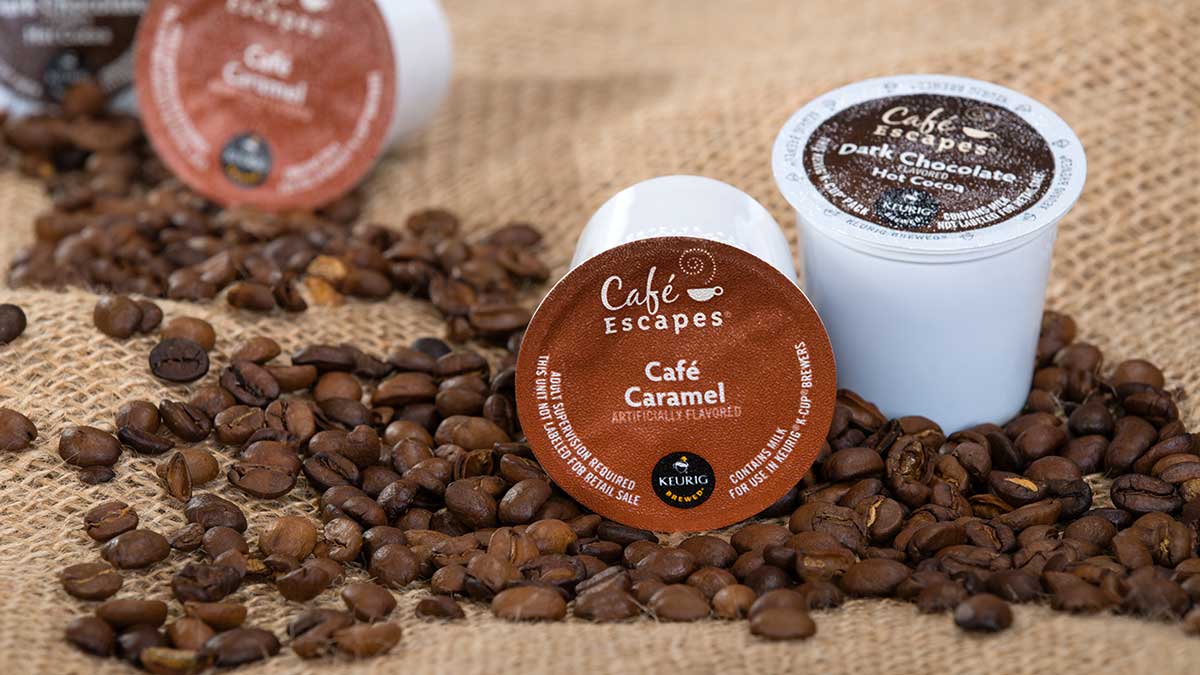Keurig Dr Pepper will pay a $15 million fine after the Securities and Exchange Commission (SEC) determined the company made deceptive claims about the recyclability of its K-Cup coffee pods. The SEC’s finding highlight growing efforts to hold companies accountable for overstating the sustainability of their products, sending a clear message: consumers and regulators won’t tolerate misleading greenwashing claims.
The SEC found that Keurig Dr Pepper misled consumers by promoting its K-Cups as recyclable in “many communities” across the U.S. and Canada, even though most recycling facilities aren’t equipped to process the pods. K-Cups are a tricky mix of plastic, aluminum, and paper filters—materials that are difficult to separate and often bypassed by traditional recycling centers.
While Keurig Dr Pepper has switched to using polypropylene plastic for its pods, which is recyclable in theory, the reality is that small, mixed-material items like K-Cups rarely get recycled. Municipal systems don’t have the equipment needed to handle them, so despite what the packaging said, those pods were more likely headed to landfills than being repurposed into new materials.
SEC Cracks Down on Greenwashing
The fine is the spearpoint of a broader push by the SEC to scrutinize companies’ environmental claims. As more environmental, social, and governance (ESG) disclosures are made by companies, the agency will be on the watch for greenwashing. Hopefully, companies will be discouraged from exaggerated or false claims.
The SEC found that Keurig Dr Pepper’s false claims misled consumers and investors by overstating the recyclability of its products. The settlement shows how serious regulators are about ensuring companies are honest when they market themselves as environmentally responsible.
What This Means for Coffee Drinkers
For anyone using K-Cups, this is a reminder that not all “recyclable” labels mean what they seem. While the plastic used in K-Cups may be recyclable under certain conditions, most recycling centers don’t handle these pods because they’re too small and hard to process. In many cases, they get sorted out as trash, especially if the pods still have coffee grounds inside.
To recycle K-Cups properly, consumers must take them apart, separating the plastic, aluminum, and paper components—a time-consuming task that few people will do. If they aren’t disassembled, as Earth911 has explained, Nespresso pods must also be; the odds K-Cups will be recycled are slim to none, no matter what the label says.
A Push for Corporate Accountability
As part of the settlement, Keurig Dr. Pepper pledged to improve its sustainability practices and provide more accurate information about its products’ recyclability. The case also underscores a more significant issue: companies need to take more responsibility for the waste their products create. Just because something can technically be recycled doesn’t mean it will be—especially if the infrastructure isn’t there to support it.
Consumers who want to reduce their environmental footprint might switch to coffee brewing methods that generate less waste, like using reusable filters or compostable pods. Another option is finding and using take-back programs or specialized services, like Terracycle’s free and paid coffee pod recycling programs. These services can process items like K-Cups more effectively than curbside programs.
Bottom Line
The SEC’s action against Keurig Dr Pepper is a wake-up call for companies that want to appear greener than they are. As more consumers demand transparency and real environmental solutions, businesses will need to move beyond flashy marketing and focus on creating genuinely sustainable products. At the same time, consumers should stay informed, question green claims, and take steps to reduce their waste in ways that go beyond what’s printed on the packaging.
Source link
Earth911 earth911.com

